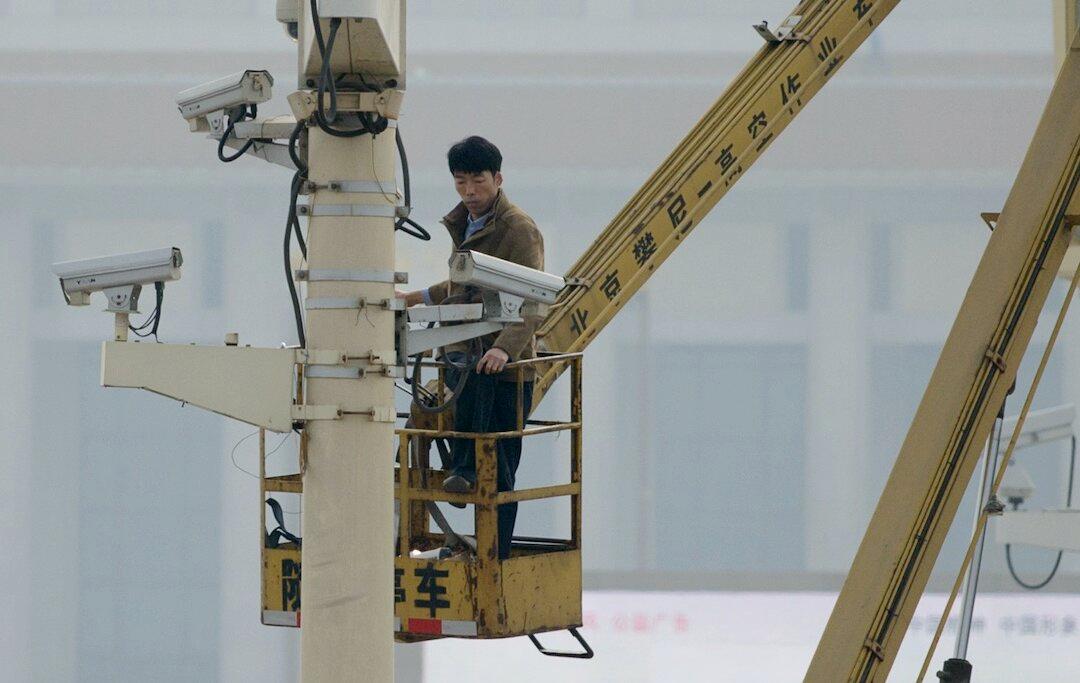Over 8,000 farmers in suburban Tianjin City—a municipality 85 miles east of Beijing—held large scale protests in an effort to prevent the construction of a tourist area near the Shangmatai Reservoir. In addition the farmers demanded that they be granted the rights to their farmland that they say local authorities seized in the name of building the reservoir.
Claiming to build a reservoir for irrigation purposes in 1992, local authorities of Tianjin confiscated over 1,615 acres of rich farmland belonging to six villages. Although farmers were promised a total of over 8 million yuan (US$1.09 million) in compensation for the loss of their property, they have never received a penny.
The reservoir has been utilized as an aquaculture unit since 1993, but about a year ago authorities decided to end their fishery business and build a resort near the reservoir.
Angry villagers demanded that local officials return their farmland, and took action to prevent the construction of the park. Villagers say that although local authorities did not issue a legal contract for the land grab, they have evidence of the confiscation. Village representatives are using this evidence to sue the local officials responsible for the take-over. With legal assistance, the farmers attempted to sue the officials in both a local court and the Beijing Supreme Court, but they refused to accept the case.
For local farmers, the reservoir has been a disaster from the very beginning. Not only did it cost them precious property, but the reservoir was also never used as promised for protection against drought and floods, including the drainage of flooded fields. What’s worse, as the aquaculture base consumed large amounts of irrigation water, subsequent harvests have been extremely poor. In addition, farmers were forced to pay taxes on the lands they had lost, because local authorities reported the confiscated property as wasteland.
Now the villages are in desperate need of land. On average each villager owns less than a third of an acre of farmland. In one village the average land per farmer is less than 0.16 acre.
Since plans for the resort were unveiled, villagers have repeatedly appealed to higher authorities who refuse to meet with them. Villagers have also sought help from the Beijing Municipal Bureau of Land and Resources, the Ministry of Water Resources and other governmental organizations, but none were willing to get involved.
In an effort to protect their land, villagers planted corn at the proposed construction site. Local police bulldozed the corn field right before harvest, and beat the villagers who tried to stop them. Police are also monitoring villagers’ phones, and preparing to arrest village representatives.
But the villagers remain determined to protect their property despite this suppression. Farmers are appealing to the media to publicly state their intentions. “Our land should be ours forever,” they said in one report, “We demand that authorities return the 1,615 acres of farmland to its rightful owners.”



